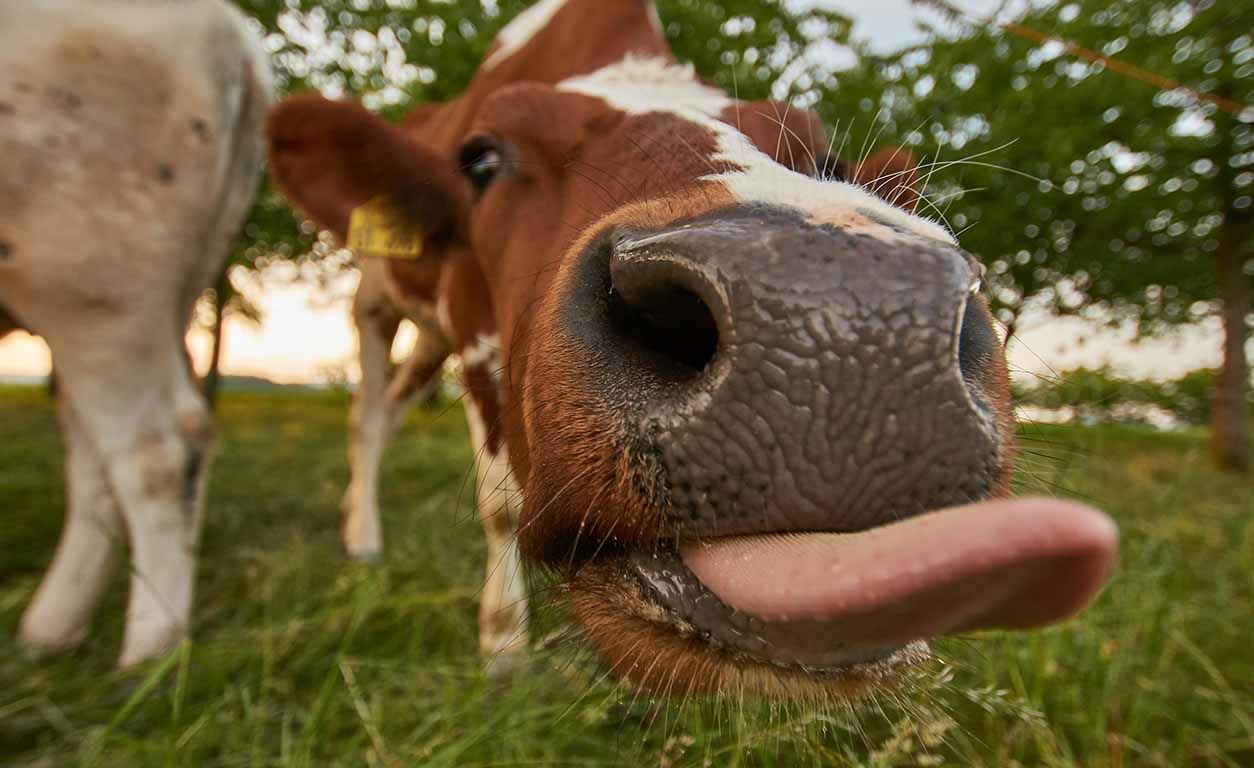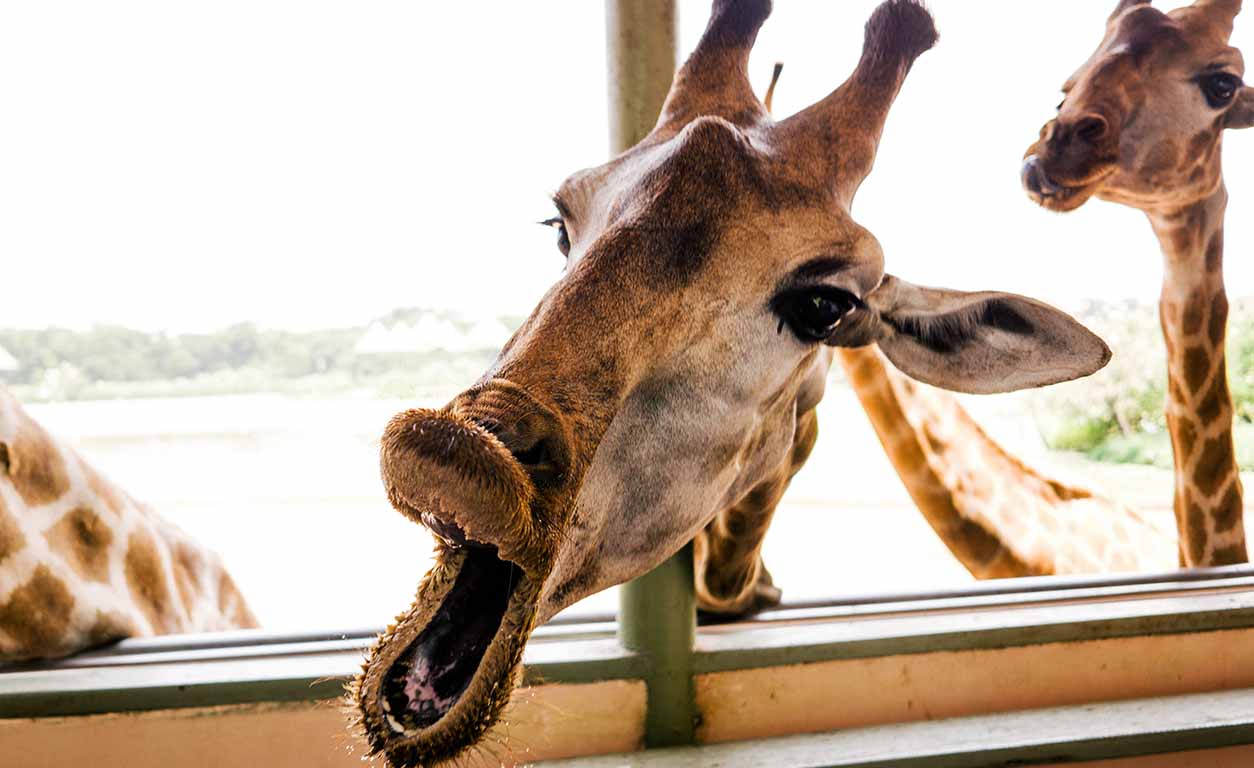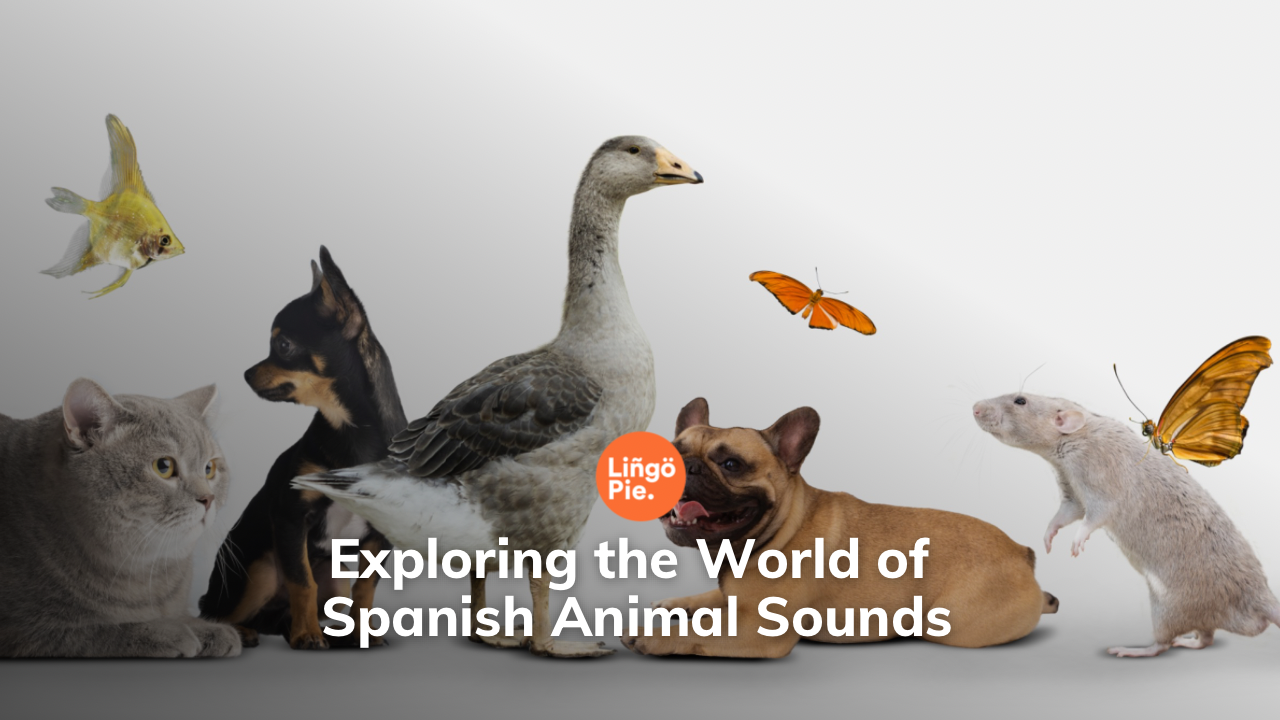Have you ever come across an expression that you can't figure out what it means, even though you understand every single word in it? Sometimes, they even include animals, making them even more confusing. Don't panic! It's probably an idiom.
Idioms exist in every language and are a fascinating window into different societies' cultural expressions and linguistic peculiarities. Many idioms use animals to convey universal truths, humor, or cultural differences across languages and continents.
In this article, we'll explore 13 hilarious animal idioms from different languages and explain their meanings. These idioms will help you expand your vocabulary and spice up your conversations.
Table of Contents
What Is An Idiom?
An idiom is a phrase or expression that we wouldn't be able to understand based on the literal definitions of the individual words that comprise it. Instead, idioms have figurative meanings often unique to specific languages or cultures.
If you are not a native English speaker, you probably know some popular idioms in your own language or have even used them yourself.
Idioms are such an interesting subject that many linguists have studied and written about their origins and peculiarities. Some idioms are only used in specific communities. Linguist Anatoly Liberman says that although idioms are phrases, we learn them just like words. They are complete sentences with meaning. In most cases, the order of the words in the sentence cannot be changed; otherwise, the sentence's meaning will be lost.

What Is The Importance Of Idioms In Language Learning?
Idioms play a significant role in language learning because they help learners understand a language's cultural and social context. Learning idioms in your target language increases your fluency and allows you to communicate more naturally and effectively.
Why Do We Have Idioms Related To Animals?
Throughout history, animals have served as a source of inspiration for metaphorical language. They have similar behaviors and characteristics to humans and are part of our daily lives, making it possible for people from all over the world to identify with them. This universality makes animals perfect for creating idioms that convey complex ideas in a relatable way.
Many cultures have myths, legends, and folklore that feature animals. These stories often teach moral lessons or explain natural phenomena, integrating animals into cultural consciousness. Idioms emerge from these deep-rooted stories and become a way to convey cultural values and wisdom.
Animals offer clear and concrete images that people can easily visualize and understand.

Hilarious Animal Idioms In Different Languages
Now, we'll learn some Animal idioms from different cultures around the world. These will help you expand your vocabulary and add a touch of humor and wisdom to your repertoire.
English Animal Idioms
1. Curiosity killed the cat
This famous idiom means that excessive curiosity can lead to trouble or danger. It first appeared as "Care'll Kill a Cat" in Ben Jonson's 1598 play Every Man in His Humour and then evolved into "Curiosity Killed the Cat" in the late 19th century. The extended version of this phrase, "Curiosity killed the cat, but satisfaction brought it back," appeared in 1905, highlighting that while curiosity can be risky, it can also bring rewards.
2. The Elephant in the Room
This phrase refers to an obvious problem or issue everyone ignores or avoids discussing. It is presumed that this idiom dates back to the mid-20th century and evokes the image of a massive elephant that is impossible to overlook, yet everyone pretends it's not there. This idiom highlights the absurdity of ignoring an obvious issue.
3. You can't teach an old dog new tricks
"You can't teach an old dog new tricks" means it's difficult to change someone's long-established habits or ways of thinking. Originating in the 16th century, it first appeared in John Fitzherbert's The Boke of Husbandry (1534). The phrase suggests that older individuals or those set in their ways resist learning new skills or adopting new methods. Commonly used in contexts like technology adoption, workplace changes, and personal development, the idiom highlights the challenge of encouraging adaptability and flexibility in a rapidly evolving world.
German Animal Idioms
4. Wo sich Fuchs und Hase gute Nacht sagen
Have you ever found yourself in a remote place far from civilization? If so, you will find this phrase quite useful. The direct translation of this idiom is: "Where fox and hare say goodnight." It refers to an isolated place in the middle of nowhere. If you are learning German and would like to incorporate this phrase into your vocabulary, here is an example of how to use it.
Example: Ihr neues Haus liegt wirklich dort, wo sich Fuchs und Hase gute Nacht sagen.
(Their new house is really in the middle of nowhere.)
5. Einen Vogel haben
I have to say that I find this idiom quite funny. The literal translation is "to have a bird," which refers to people out of their minds. The origin lies in the German urban legend, which was that people with mental disorders had birds flying in their heads, symbolizing their erratic thoughts or behavior.
Example: Du willst im Winter in einem Zelt wohnen? Du hast doch einen Vogel!
(Do you want to stay in a tent in winter? You must be out of your mind!)
6. Ich glaube, mein Schwein pfeift
This idiom is as surprising as its meaning. Translated into English, it means "I think my pig whistles" and is used to express surprise, disbelief, and shock. The origin of the expression cannot be determined with absolute certainty. Some claim it is a quote from Uwe Timm's "Rennschwein Rudi Rüssel."
Example: Ich glaube, mein Schwein pfeift! Du hast tatsächlich den Marathon gewonnen?
(I don't believe it! You actually won the marathon?)
Japanese Animal Idioms
7. 猫の手も借りたい [Neko no te mo karitai]
This Japanese idiom translates as: "I want to borrow even a cat's paw." It is used to express a situation where someone is busy or overwhelmed and would welcome even the smallest amount of help.
Example: "最近仕事が忙しくて、猫の手も借りたいほどだよ。[Saikin shigoto ga isogashikute, neko no te mo karitai hodo da yo.]
(Work has been so busy lately that I'm so overwhelmed that I could use even a cat's paw to help me out.)
8. 猿も木から落ちる [ Sarumo kikara ochiru]
This Japanese idiom translates as "Even monkeys fall out of trees." It conveys that even experts or skilled people can make mistakes or have accidents.
Example: 彼はプロの運転手だけど、時々事故を起こすこともあるんだ。猿も木から落ちるというからね。[Kare wa puro no untenshu da kedo, tokidoki jiko o okosu koto mo arun da. Saru mo ki kara ochiru to iu kara ne.]
(He is a professional driver, but sometimes he gets into accidents. Even monkeys fall from trees, as they say.)
9.鶴の一声 [Tsuru no hitokoe]
The literal translation of this idiom is "the one cry of the crane." It describes a situation in which an influential person or leader makes a decisive statement or decision that others are expected to follow. A similar phrase in English would be "to have the last word."

Spanish Animal Idioms
10. Ser una mosquita muerta
"Ser una mosquita muerta" is a Spanish idiom used to describe someone who appears innocent, quiet, or harmless on the surface but is actually cunning, deceptive, or not as innocent as they seem. It can imply that the person hides their true intentions or actions behind a facade of innocence. Its literal translation is "to be a dead fly."
Example: No confíes en ella, parece una mosquita muerta pero siempre está maquinando algo.
(Don't trust her; she seems harmless, but she's always plotting something.)
11. Perro que ladra no muerde
In English, this idiom translates as "A barking dog does not bite." It conveys that people who make the most noise or threaten are rarely those who pose a real threat. It suggests that loud or aggressive behavior is typically a sign of bluffing rather than actual aggression or danger.
Example: No te preocupes por él, es pura fachada. Perro que ladra no muerde.
(Don't worry about him, it's all talk. A barking dog never bites.)
12. Ser la oveja negra
The Spanish expression "ser la oveja negra (to be the black sheep) refers to a person seen as different from the rest of their family or group, often negatively. It typically describes someone who doesn't conform to the norms or values of the group and may be considered a troublemaker or outsider.
Example: "En mi familia, siempre he sido la oveja negra porque decidí seguir una carrera artística."
(I've always been the black sheep in my family because I chose to pursue an artistic career.)
Read Also:

13.Estar como una cabra
"Estar como una cabra," or in English, "to be like a goat," is an idiom used to describe someone who behaves strangely, eccentrically, or unconventionally. It often implies that the person's actions or thoughts are unusual or out of the ordinary, sometimes in a humorous or playful sense.
Example: Mi vecino siempre está hablando solo y bailando en la calle. Está como una cabra.
(My neighbor always talks to himself and dances in the street. He's crazy.)
How To Use Idioms To Improve Your Fluency?
Incorporating idioms into your vocabulary can help improve fluency and cultural understanding in your target language. Listen closely to native speakers to observe how they use idioms in various contexts, such as movies, TV shows, and music. These are excellent tools for learning new expressions. Practice saying idioms aloud and gradually integrate them into your everyday conversations.
Reading books, newspapers, and articles is also extremely beneficial for learning idioms. Another crucial aspect is understanding idioms' cultural nuances, which often reflect cultural beliefs and values. This understanding prevents literal translations that can lead to misunderstandings and promotes nuanced communication.
Engaging in conversations with native speakers and seeking feedback on the use of language expressions improves language skills and boosts confidence.
Learn To Use Animal Idioms With Lingopie!
Exploring animal idioms is a way to deepen your understanding of each country's language and cultural nuances. With Lingopie, you can learn idioms and expressions in their cultural context by watching your favorite movies and TV shows. Surrounding yourself with authentic language usage can help you naturally grasp new idioms and enhance your language skills.
There you have it! 13 hilarious animal idioms will put you in a good mood and bring you closer to fluency.










